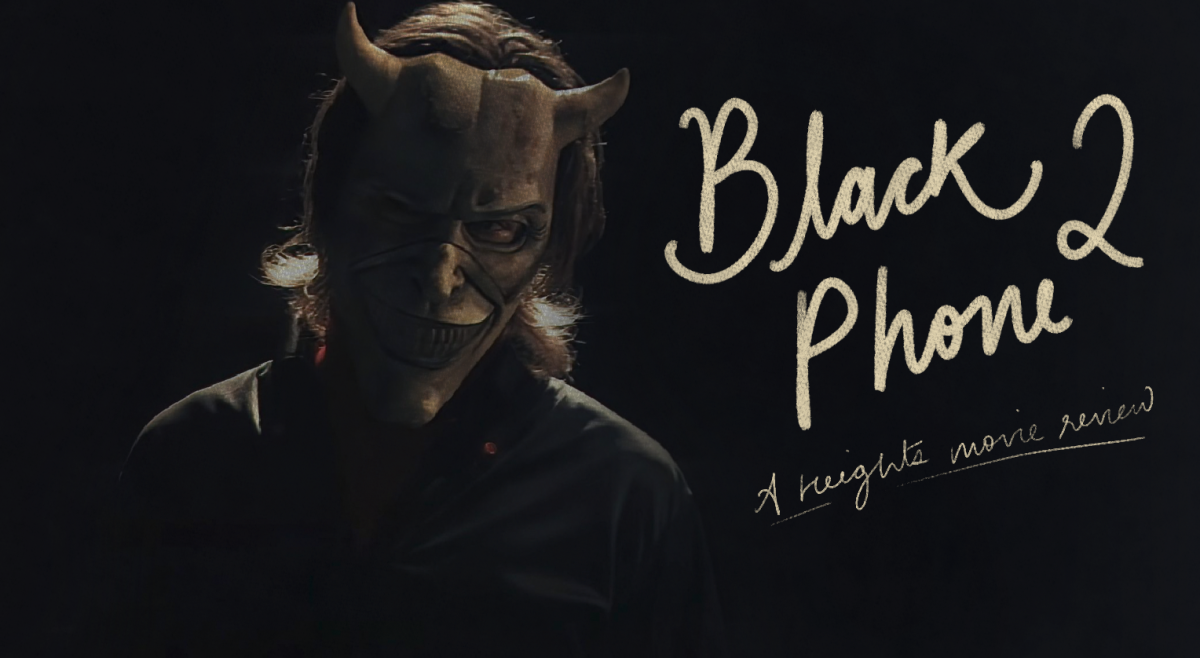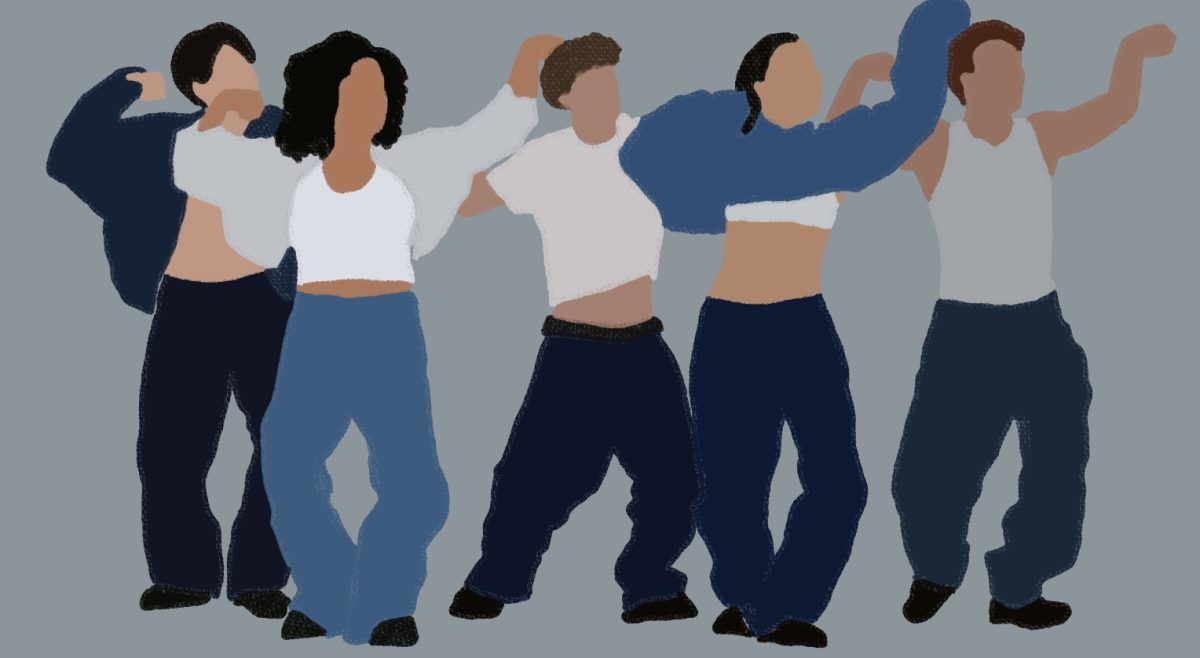As 2022 comes to a close, arts editor Josie McNeill and associate arts editor Paterson Tran reflect on the music that got them through the year.
Household Name — Momma
By Josie McNeill, Arts Editor
Before this past summer, “1979” by the Smashing Pumpkins was my go-to song to play in the car.
With Household Name, released on July 1, 2022, Momma gave me a whole album that made me feel the same sense of freedom and vitality that the Smashing Pumpkins do.
Etta Friedman and Allegra Weingarten make up Momma, an alternative rock duo from Los Angeles, Calif. After releasing their first album Interloper in 2018 and Two of Me in 2020, Friedman and Weingarten followed up with Household Name in 2022.
The album’s name demonstrates an ambitious goal for the duo—to establish themselves as a power in the alternative music scene.
Momma harkens back to this idea of rockstar stardom on tracks such as “Rip Off.” Friedman and Weingarten sing about their music and faces being inescapable once they become famous.
“And I’ll be a household name / (I’ll get big I’ll take off) / You got my picture ’cause it’s hard to escape,” Momma sings on “Rip Off.”
The lyrics and theme juxtapose the idea of the tortured rise to fame in the ’90s, an era that greatly inspires Momma on Household Name. Rock bands—such as Nirvana—lamented their success, but success is exactly what Momma strives to achieve.
“Speeding 72” was one of the first singles released off the album. With the sound of a car unlocking as its intro, the song is reminiscent of “drivers license” by Olivia Rodrigo. Instead of going into a catchy pop ballad, however, Momma launches into an alt-rock melody.
“A perfect pace and we’re just around the corner where the streetlights bend / And we can drive fast, steady pushing on the gas / I’ll show you how to clear your head,” Momma sings.
The song centers around the classic trope of burning off steam and going on secret adventures in the car. The energy provided by the addictive guitar riffs in the song made me want to drive around the same way as the singer.
Doggerel — The Pixies
By Paterson Tran, Assoc. Arts Editor
There’s a phenomenon in music where even the most avid listeners of a band or artist believe that new releases will simply never be as good as the artist’s old hits that originally raised them to fame. Across genres, even fixtures such as Drake or Metallica have not been immune to these sentiments. It’s easy to resort to replaying the same albums on vinyl and watching old concert footage on Youtube, but it’s hard to ignore when your favorite musicians produce something new.
The Pixies’ studio album Doggerel was released on Sept. 30 with largely muted publicizing. Unlike most bands, the Pixies showed that they are the exception to the phenomenon with Doggerel.
Much of the Pixies’ stardom rose from their Doolittle album, which debuted in 1989. David Fincher propelled the Pixies into even greater popularity by using 1988’s Surfer Rosa track “Where Is My Mind?” in the ending sequence of his hit movie Fight Club. Their alternative rock sound was starkly unique from other bands in their genre, as it played on cryptic lyrics and recitative vocals. This distinct style persisted in the band’s music as it continued to release albums through the ’90s and into recent years.
Doggerel is a cohesive conceptual album. Each track leads into the next and maintains repeating musical themes throughout. The lyrics keep with the Pixies’ nonsensical and playful attitude. Key and tempo changes enliven individual songs, while the album as a whole leaves behind a bittersweet and surreal sound.
Standout tracks “Nomatterday,” “Pagan Man,” and “You’re Such A Sadducee” are wistful and at times dreamlike.
“You’re miles away / Once upon a time / Many moons from now / You will be miles away,” Black Francis sang on “Pagan Man.”
The tone is very reminiscent of their older music, notably the drum beat and fills, yet the band still leaves room for experimentation.
There is a refreshing feeling that comes from awaiting a band’s music and listening to it the day it comes out. This, combined with the Pixies’ loyalty to their own style of music, gave me the same excitement I presume their first listeners experienced hearing Doolittle and Surfer Rosa for the first time on cassette many years ago.













